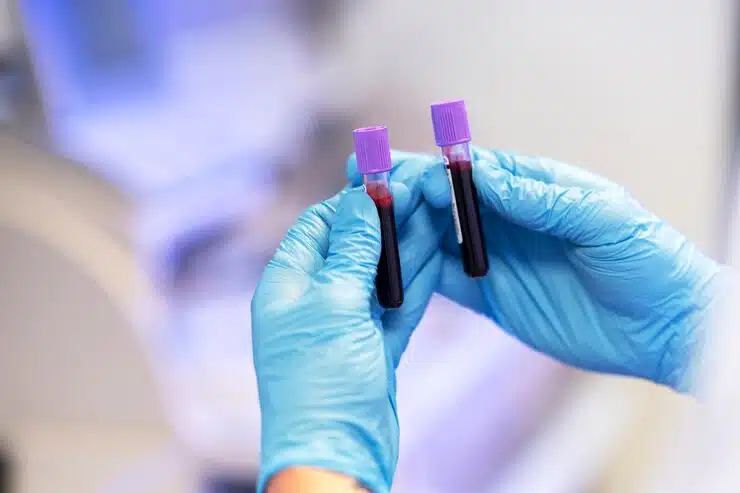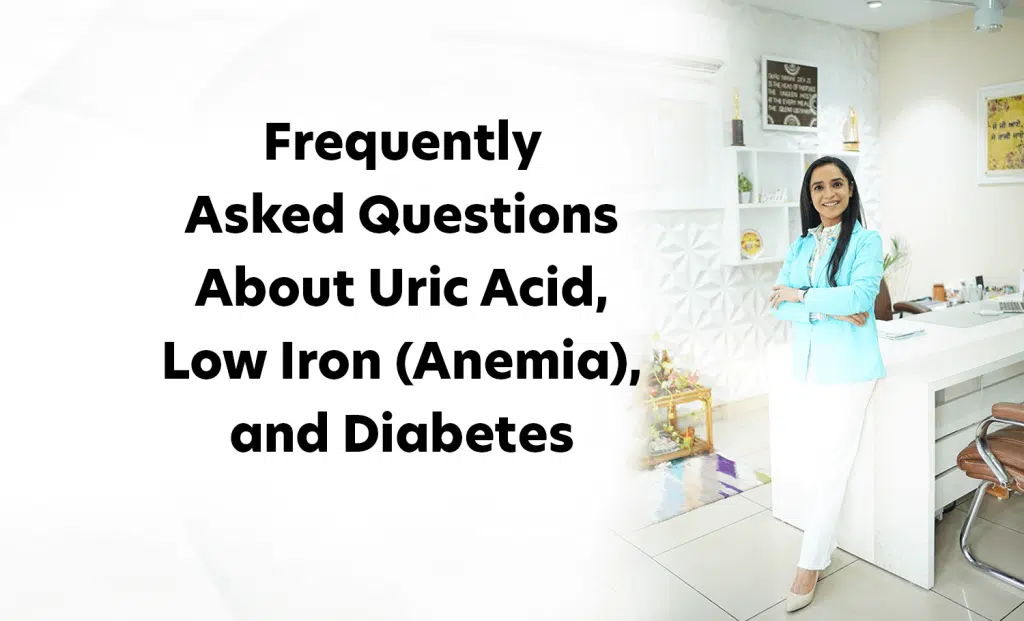“Dil Diyan Gallan Kare” —Let’s have a heartfelt conversation about heart.
Every year 29th of September is observed as World Heart Day, to raise awareness about heart health. Our heart beats day and night, 24*7 to keep us alive. Caring for our hearts isn’t limited to one day. It is important to understand how to take care of our heart in routine life. Cases of Heart attacks are increasing gradually, especially at younger ages.
Did you know one in five heart attack patients is under the age of 40?
People ages 25 to 44 saw a nearly 30% increase in heart attack deaths over the first two years of the COVID-19 pandemic.
In this blog, we will talk about five invaluable and often unknown facts about heart health. Our heart is our constant companion, it’s important to know How to keep our heart healthy.
Now, let’s talk about 5 Must Know facts for maintaining a healthy heart.
1. Debunking Cholesterol misconception

We have related cholesterol directly to heart health. Many believe that high cholesterol levels affect the heart. I’d like to clarify this common misconception. Cholesterol is made up of 80% glucose and 20% healthy fats. So cholesterol has a direct relation with our insulin management. If your glucose levels are not well-controlled, especially in cases of diabetes, there is a higher chance of increased cholesterol. This is because about 80% of cholesterol is produced from glucose in our body. Our body needs healthy fats for a healthy heart. People avoid ghee and oils considering it harmful. Saturated fats like desi ghee and medium-chain triglycerides from coconut are good sources of healthy fats.
The vitamin E found in almonds, walnuts, sunflower seeds, and pumpkin seeds is essential for heart health. These foods help in the absorption of fat-soluble vitamins A, D, E, and K. These vitamins help improve our heart health.
So, Ghee leads to increased cholesterol and is harmful to the heart is a misconception. Cholesterol available from animal sources is harmful and not those from plant-based sources. Consuming healthy fats is good for heart health. Understanding that 80% of cholesterol comes from glucose and only 20% from healthy fats managing diabetes is important for heart health.
2. The Power of Physical Activity

Your heart works 24/7 and keeps pumping and beating, whether you’re at work or resting. But are we taking time for our heart it deserve? Taking time for your heart means more than doing a little exercise. If you spend your day sitting with little physical activity, it affects heart health. You might have noticed when you do some cardio exercises, walking, or any fitness routine it makes your heart happy. These activities boost your heart’s pumping capacity and increase the supply of oxygen to the heart. Imagine your heart works 24/7, and if it stops even for a day, You are gone. Right! Taking time for heart means not only having a regular exercise routine but also staying active throughout the day. Keep your body moving throughout the day.
More physical activity = Happier heart = Happier you.
Avoid a sedentary lifestyle. Stay healthy by staying active. Being active is a key part of a healthy lifestyle
3. Antioxidants: Protector of Heart Health

For a healthy heart, your diet should be rich in antioxidants. Antioxidants fight against the free radicals that cause inflammation in the body. Common antioxidants include vitamins C and E, and various minerals are a must for heart health.
Antioxidants, like vitamin C and vitamin E, act as protectors in our bodies. For their proper absorption, it’s essential to consume minerals like selenium, copper, magnesium, manganese, and zinc. Cashew nuts are a great source of these minerals. If you find yourself hungry at night, a handful of cashews, around 6-7, can benefit your heart.
To maintain proper mineral levels try including the following sources in your diet.
- For Copper: Consume soaked sunflower seeds (1 teaspoon) and drink water from a copper flask.
- For Zinc: Pumpkin seeds,
- For Selenium: Brazil nuts, and
- For Manganese: Spinach, Pineapple, and Rice.
The variety in your diet is the key to better heart health. Taking these antioxidant minerals ensures that your body effectively fights free radicals, reducing inflammation and improving heart health.
4. Homocysteine and CRP Levels: A Deeper understanding

When we get our health check-ups, we often focus on our lipid profile, which includes measuring LDL, HDL, and cholesterol levels. But, for a better understanding of your heart’s health, it’s advisable to also check your Homocysteine (Homocystein) and CRP (C-Reactive Protein) levels.
- Homocysteine level:Homocystein is an amino acid that influences blood vessel stiffness, and elevated levels can indicate potential heart issues.
- CRP ( C-reactive Protein levels): It measures liver protein content and can help determine the level of inflammation in your body.
If these levels are high, it’s a sign of increased inflammation and chances of heart problems.
Vitamin B complex, which includes B1, B6, and B12 is essential to manage Homocysteine levels. Absorption of these vitamins depends on better gut health. In cases of constipation or acidity, nutrient absorption doesn’t happen properly affecting homocysteine levels. Vitamin B complexes are water-soluble vitamins. Hence, staying hydrated is also a must. Proper Hydration reduces bloating and improves nutrient absorption. So, good gut health and proper hydration are a must for better heart management.
So, for better heart health check your Homocysteine and CRP levels. Also, take care of your gut health and hydration.
5. The Impact of Overthinking on Heart Health

In today’s fast-paced world, overthinking has become a common concern. It not only creates confusion in our minds but also affects our hearts. Overthinking can lead to stress and pressure burdening your heart. The more you overthink, the smaller your heart feels, metaphorically speaking. It’s essential to broaden your thoughts and reduce overthinking to lead a healthier, stress-free life. Break free from never-ending complaints and accept kindness and gratitude to relieve stress on your heart.
Expanding your thoughts and heart. Make space for new perspectives and experiences. This leads to better and holistic health.
Conclusion:
Your heart’s health is important for your overall well-being. Include healthy fats and keep a check on your sugar intake. Stay active and avoid a sedentary lifestyle. Embrace a diet rich in antioxidants and reduce stress by avoiding overthinking. Don’t forget to check Homocysteine and CRP levels along with your lipid profile during your routine health check. By following these five valuable facts, you can take steps towards maintaining a strong and healthy heart. For personalized guidance, consult with the best dietitian online to enhance your heart health journey.
And, if you’re looking to take proactive steps to revitalize your physical and mental health, don’t miss the opportunity to join batch 18 of our personalized wellness program, commencing on the 7th of January. It’s right after New Year with an early bird offer. It’s a 4-month journey designed to detox and rejuvenate your internal and external well-being, helping you lead a pain-free life. Enroll today to take charge of your health and well-being. This is a valuable opportunity to prioritize your heart health.




